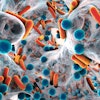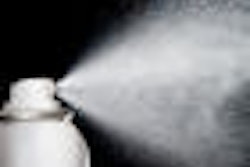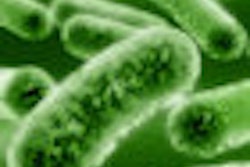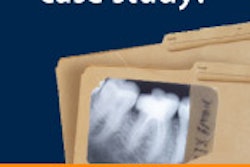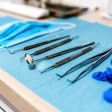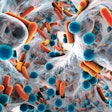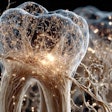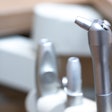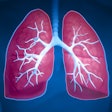Bacterial fouling of dental unit water lines is dangerous when levels exceed the ADA's recommended maximum of 200 colony forming units per milliliter of water. To ensure safety, dental professionals must follow frequent maintenance and cleaning schedules, particularly after low-flow periods such as weekends or holidays when the water stagnates and bacterial biofilms can grow.
The National Institutes of Health (NIH) recognizes this risk and has awarded Nerites of Madison, WI, a Phase II Small Business Innovation Research grant to develop antifouling coatings for dental water lines.
Nerites technology provides a surface coating for the water lines that repels cells and macromolecules. Bacteria are not able to attach, and therefore cannot colonize to form biofilms. This new approach could eliminate the need for routine decontamination of the water lines, and dramatically reduce the risk of bacterial infection for dental patients and professionals who come into contact with contaminated water.
"Copious amounts of water are used for rinsing and cooling in dental procedures, and bacterial biofilms can build up quickly if safety procedures are not followed diligently," said Nerites CEO Thomas Mozer. "The risk of infection is acute for dental patients with compromised immune systems due to disease or drug therapy. We believe that the Nerites antifouling coating technology can be applied to dental water lines with great effectiveness, and we're appreciative that NIH selected us to continue this important work."


